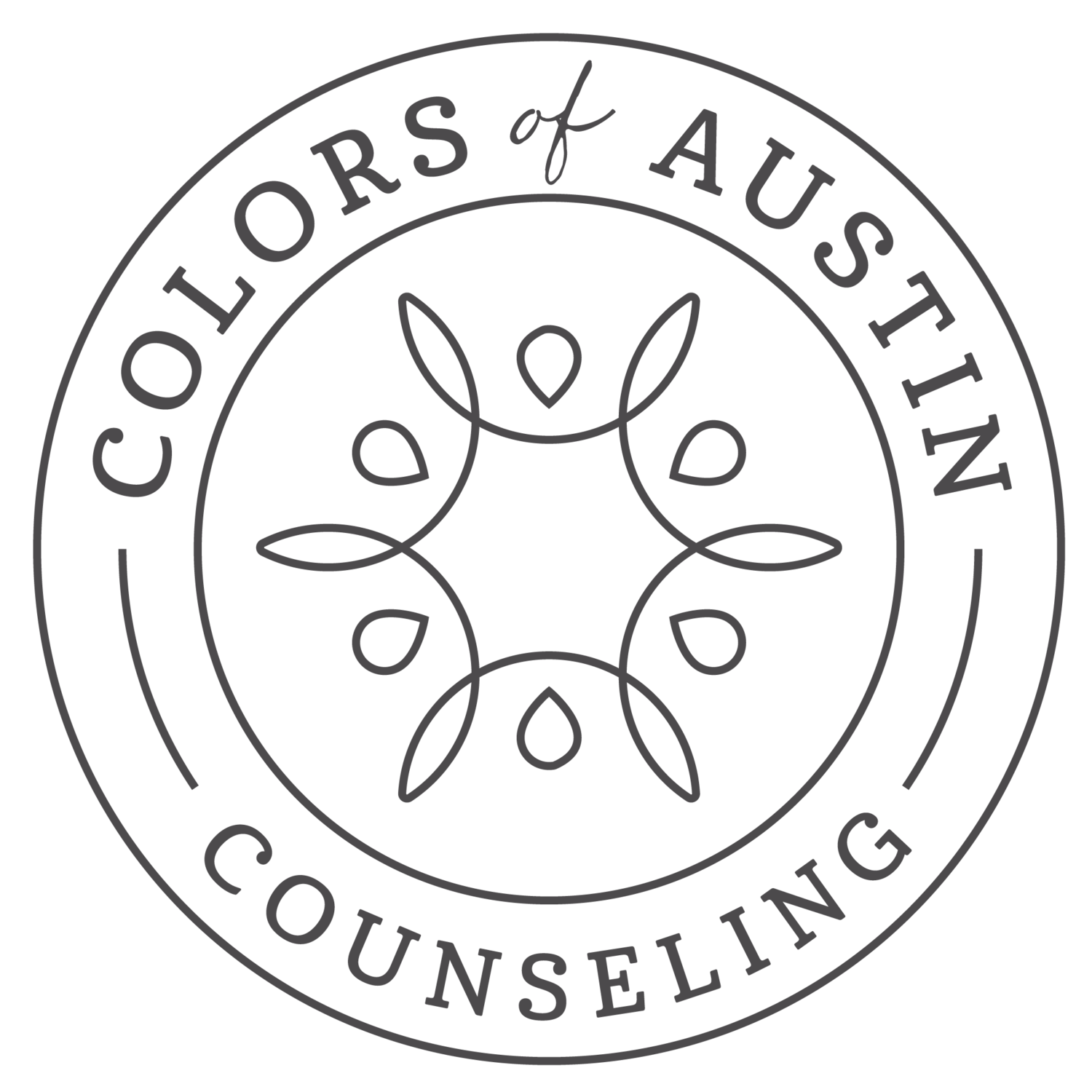Rewriting the Narrative: Lessons for My Younger Self on Eating Disorders
Written by Marissa Lecaros, LMFT-Associate, Licensed Therapist
As we approach the Holiday season, it is important to be mindful of language used towards food and body as there could be someone you love struggling with disordered eating or body image issues. Holidays can bring up this eating disorder “part” or “voice” in some individuals that will be hyper aware of comments made, and then yell at this individual to resort back to disordered eating behaviors to protect them from sadness, judgment, shame, fear, etc.
As a Latinx woman, I can understand how culture plays a role in language used and how at times it might not be intentional to make shameful comments towards someone, and yet I challenge you to consider breaking the norm for yourself or for someone else who may be struggling.
When I was young my body was often commented on, and I remember being told right before college by many “don’t get the freshman 15”. Although I am aware of my body privilege, those comments led to me believing I had to keep up and continue being as thin as I could be to receive love and be worthy of affection and care… Which then led to restrictive eating, compulsive exercise, labeling foods as “good” and “bad”, yo-yo dieting, etc. People did not have to straight up tell me “when you are smaller I like you more”, it is just what my brain and society created me to believe. Eating Disorders & Body Image issues can show up for any one - there is no weight or body requirement, no specific race or ethnicity, no specific gender… It can happen to any human being. Which is why it is so important to be mindful of the actual behaviors and not body size or weight.
As I continue learning about Eating Disorders and doing the work with my clients who struggle with food and body, I often find myself wondering what would I want my younger self to know and how can I heal that young part of me that still comes out every now and then due to fear. So, I wrote some things down to share with you all to see if you can resonate with me and start the journey in finding healing or supporting someone in their journey.
What I would tell my younger self about Eating Disorders & Body Image
Your body does not define your worth.
You do not have to go extra hard in your workout just because you had hot cheetos, another piece of dessert, or enjoyed food at the Thanksgiving table.
Weight and BMI do not define health - Diet culture just wants you to believe that.
Eating disorders are highly underdiagnosed in BIPOC populations yet it is one of the deadliest mental health disorders.
I know it’s hard when people are complimenting your body getting smaller - society normalizes that and assumes you are doing it “right” or to “be healthy”.
Body comments do not have anything to do with you - it has everything to do with the commenters' biases and internal narratives.
I feel your pain, shame, and fear… you are valid and I know you are scared… I am here to sit in it with you.
It’s OK to experience grief in letting go of disordered eating behaviors and body image. They were once a way to protect yourself from certain emotions.
Supporting someone who has an eating disorder (ED) can be challenging and exhausting because while they are healing you are also healing and challenging the internal narratives and biases you have towards food and body. You at times might feel like you are walking on eggshells to not say or do the wrong thing. Give yourself some grace because it is a learning curve for not only the individual struggling with an ED but for you as well.
Language is HUGE when it comes to eating disorders so words you may want to avoid or phrases you may want to reconsider are: “bad vs. good foods”, “you lost weight or you gained weight”, “skinny/fat”, “are you really going to eat all of that”. Even language surrounding yourself can create someone with an eating disorder to internalize it. Things like: “I look so bloated in this”, “I am going to have to run a mile after that meal”, “I am not eating carbs”. I am also aware that in Latinx cultures nicknames can be given such as “gorda(o)” and “flaca(o)” which can potentially add to the internalized narratives individuals have as that is how they are identified. Some ways you can adjust language and communicate could be: “I am noticing that you look happy today”, “What did you enjoy about ‘xyz’”, “I can’t imagine what you are feeling. I’d like to try to understand, would you be open to talking about it?”
Things to consider when supporting someone with an eating disorder:
Avoid weight talk
Get rid of any weight scales if you can
Be curious rather than shaming
Use “I” statements
Recognize your bias and diet culture beliefs
Learn more about their specific eating disorder (anorexia, bulimia, binge eating, orthorexia, ARFID, Pica, etc.)
Check in with them about their emotions
Be gentle with yourself - you are doing your best!
As mentioned before, BIPOC populations are typically diagnosed at a disproportionate rate. I remember a doctor mentioning to me that I might just be stressed - they did not assess for possible disordered eating. So, if you are concerned about a loved one struggling yet are not getting validation from providers due to their body not “looking” like they have an eating disorder, know that you are not alone in the frustration and you can find providers who work with a Health at Every Size model to ensure proper care. Eating disorders can be developed at any age (even as young as 6) so be aware of any warning signs.
Common warning signs (Take this with a grain of salt as each type could have different symptoms):
Constant body checking (either in the mirror or using their hands to assess size)
Preoccupation with weight, exercise, food, calories, carbs, fats, etc.
New food habits - dieting, cutting out entire food groups, not allowing food to touch, etc.
Extreme mood swings
Appears uncomfortable when eating around others
Extreme fatigue, dizziness, GI complaints, and body changes
New interest in being in control of how food is being made
You are not alone in rewriting the narrative around food and body. You are worthy of love and care right now! Get support through individual therapy, couples counseling, family therapy, working with a registered dietician, or other support groups. If you are interested in therapy for eating disorders/body image, whether for yourself or to help support someone, feel free to schedule an intake session with me here. Another resource to learn more about Eating Disorders is the National Eating Disorders Association.
Marissa began researching and attending trainings/webinars for Eating Disorders while in Grad school at St. Edward's University. She found it surprising that there was only one short lecture in school dedicated to eating disorders when it was one of the deadliest mental health disorders. She then did her internship at Autonomy Therapy, a group practice that specializes in Eating Disorders, and is under the continuous supervision of Kim Fry, LMFT-S. She has completed multiple continuing education credits through the Eating Recovery Center, an Intuitive Movement Masterclass, and continues to meet with Dietitians and medical providers that work with the ED population to further create access to those who need outpatient care.


